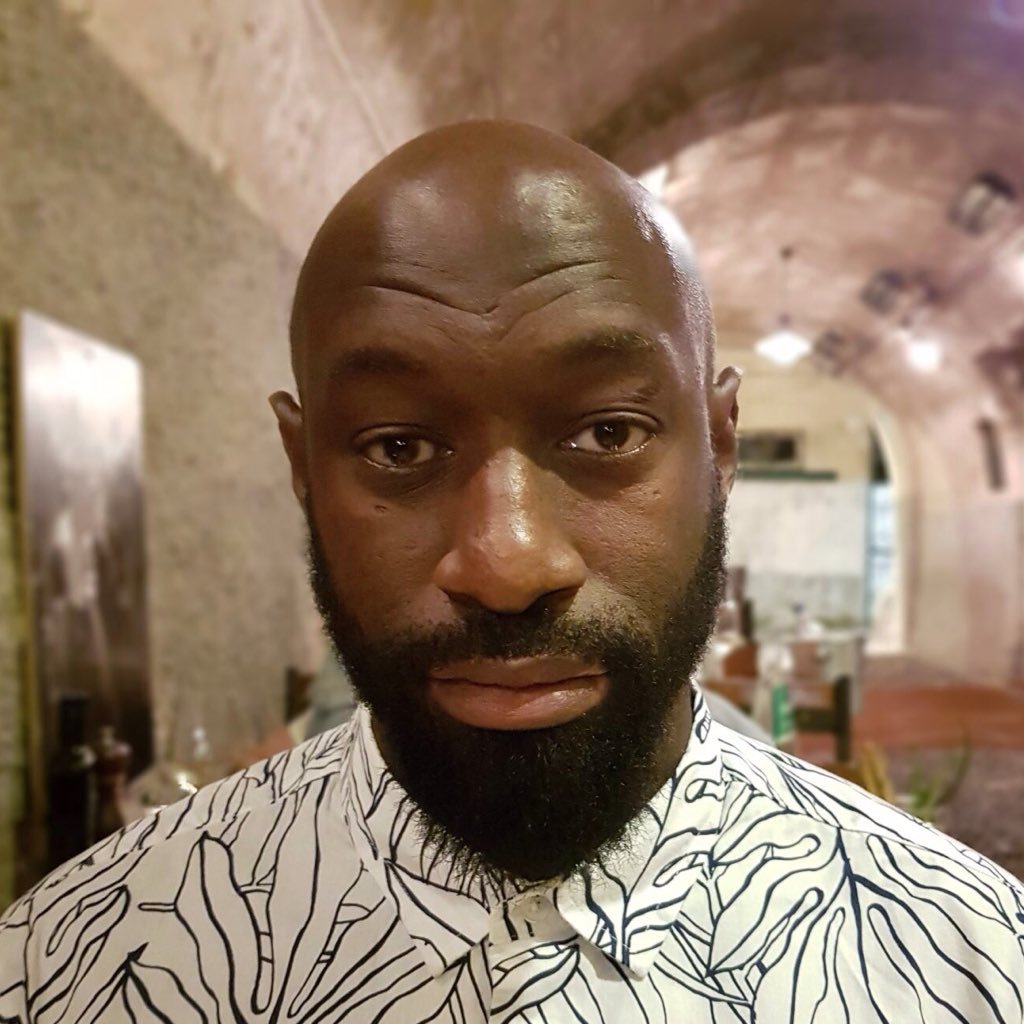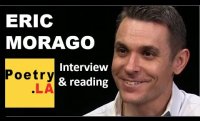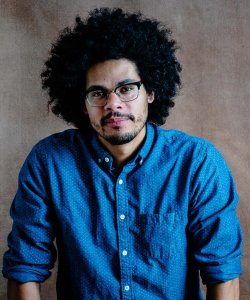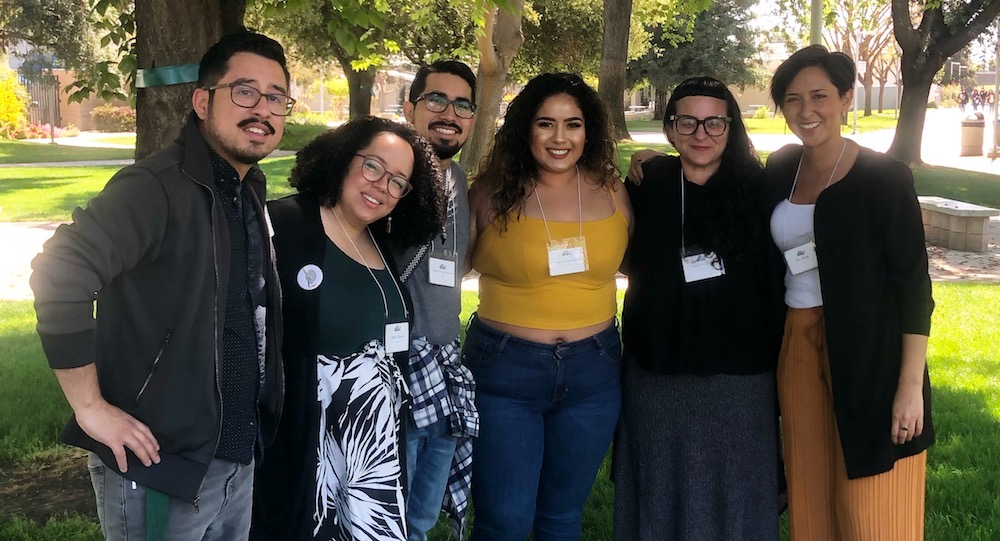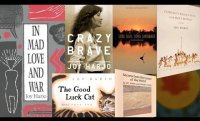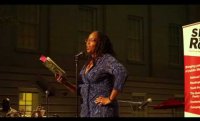Dante Micheaux Wins Four Quartets Prize
At a ceremony in New York City this afternoon, Dante Micheaux was named the winner of the second annual Four Quartets Prize. Micheaux, who won for his book-length poem, Circus (Indolent Books), will receive $20,000. The annual award is given for a unified and complete sequence of poems published during the previous year. Rowan Ricardo Phillips, Carmen Giménez Smith, and Rosanna Warren judged.
“How right that this poet’s first name should be Dante,” wrote the judges in their citation. “For his Circus is a Comedy: a savage comedy, lacerating dialects, fingering wounds, looking for loves right and wrong in the crevices of history and of humiliated bodies. And yet, and yet. His language exults, triumphs, and freely rummages in the treasuries of the Bible, Baudelaire, Whitman, Eliot, Baraka, and Mahalia Jackson, taking what it needs, making it his sovereign own, a wrested blessing.”
Upon accepting the award, Micheaux thanked his grandmother, saying she “put the pen in my hand, put my hand in her hand, and taught me how to write.” Micheaux also thanked Michael Broder, his publisher at Indolent Books, a small press based in Brooklyn devoted to poetry that is “innovative, provocative, risky, and relevant.” Micheaux is the author of one previous collection, Amorous Shepherd (Sheep Meadow Press, 2010), and has published poems in the American Poetry Review, Callaloo, Poetry, PN Review, and Tongue, among others.
The finalists for the prize were Catherine Barnett for her poem sequence “Accursed Questions” from Human Hours (Graywolf Press) and Meredith Stricker for her chapbook anemochore (Newfound Press).
The Poetry Society of America and the T. S. Eliot Foundation established the Four Quartets Prize two years ago to celebrate the poetic sequence and honor T. S. Eliot’s legacy. Danez Smith won the inaugural prize for their lyric sequence “summer, somewhere” from Don’t Call Us Dead (Graywolf Press).





